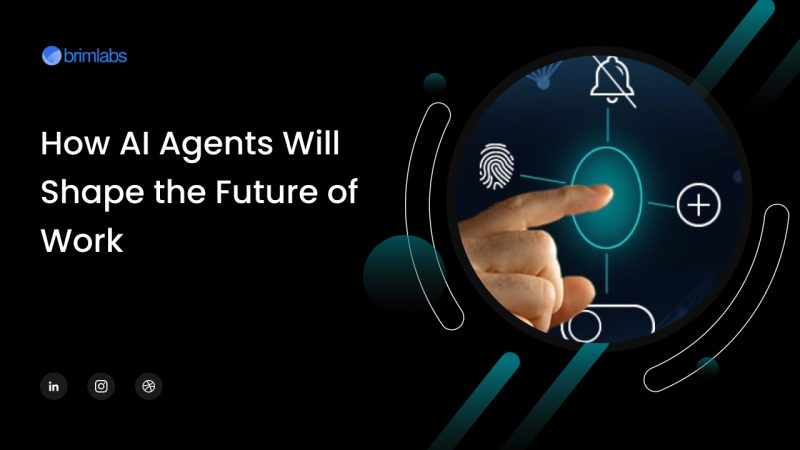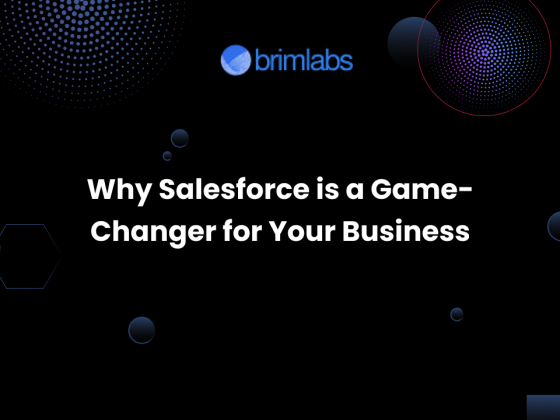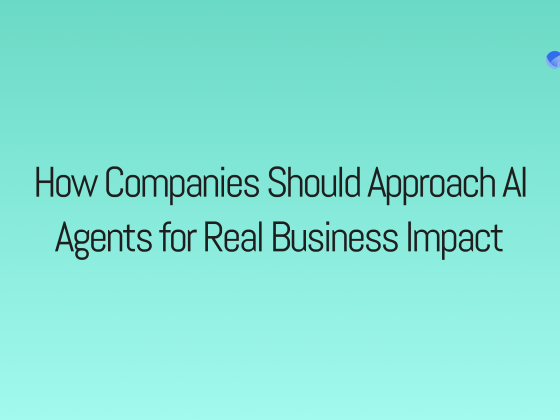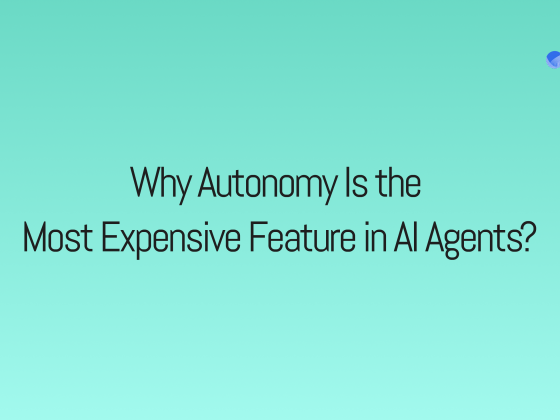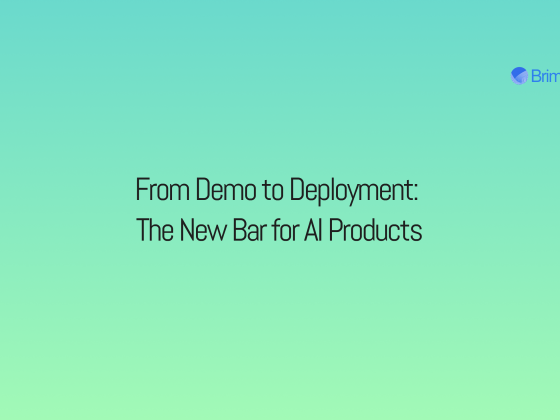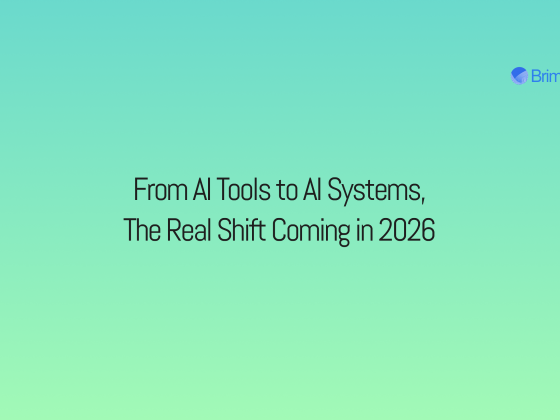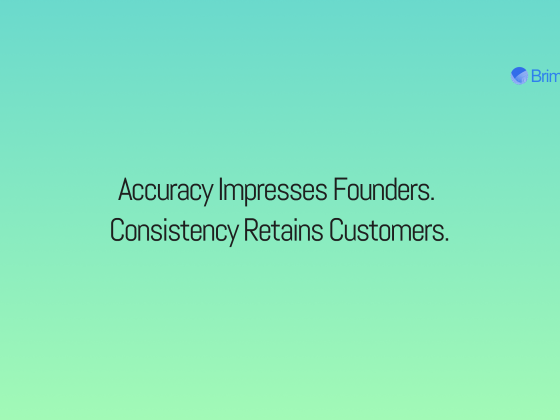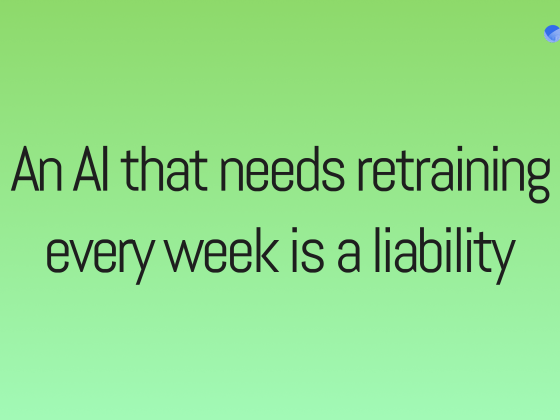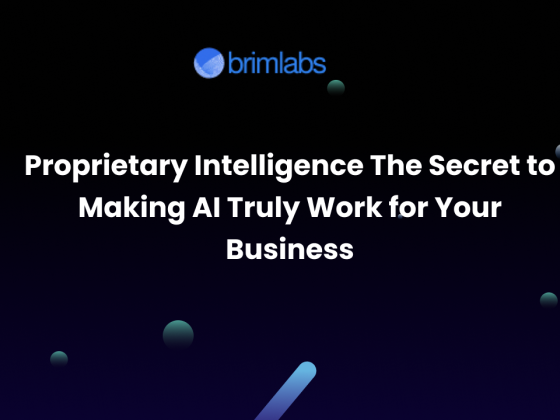The rapid advancements in artificial intelligence (AI) have paved the way for significant changes across industries, and the workplace is no exception. Among these advancements, AI agents—autonomous systems capable of performing tasks, making decisions, and learning from data—are becoming pivotal in reshaping the future of work. These agents are not just tools; they are intelligent collaborators, enhancing human capabilities and driving efficiency across organizations.
The Rise of AI Agents
AI agents have evolved from simple chatbots to sophisticated systems capable of understanding natural language, analyzing data, and performing complex tasks. This evolution has been made possible by breakthroughs in deep learning algorithms, the development of transformer architectures like GPT, and the widespread adoption of scalable cloud-based computing resources. Such innovations have enabled AI agents to process and generate human-like responses with unprecedented accuracy and speed, unlocking their potential to tackle increasingly complex and nuanced challenges across various domains. These advancements have been driven by innovations in machine learning, natural language processing (NLP), and cloud computing. Today, AI agents are integral to various applications, from customer service and sales to healthcare and logistics.
For instance, virtual assistants like OpenAI’s, ChatGPT, Google Assistant, and IBM Watson have transformed how businesses interact with customers. These agents provide real-time support, handle inquiries, and even predict customer needs, ensuring seamless experiences and improved satisfaction.
Enhancing Productivity and Efficiency
One of the most significant impacts of AI agents is their ability to enhance productivity. By automating repetitive and time-consuming tasks, these agents free up employees to focus on strategic and creative activities such as brainstorming innovative product ideas, developing long-term business strategies, and fostering customer relationships. This shift not only boosts productivity but also allows individuals to engage in higher-value work that drives organizational growth and personal fulfillment. For example:
- Automating Routine Tasks: AI agents can schedule meetings, manage emails, and handle data entry, allowing employees to dedicate more time to meaningful work.
- Streamlining Workflows: In industries like manufacturing, AI agents optimize production schedules, reduce downtime, and improve quality control.
- Improving Decision-Making: AI agents analyze vast amounts of data in real-time, providing actionable insights to guide decision-making. This capability is particularly valuable in finance, healthcare, and retail.
Redefining Roles and Skills
As AI agents take over routine tasks, the roles and skills required in the workplace are evolving. The demand for technical skills, such as data analysis, machine learning, and AI system management, is growing. At the same time, soft skills like creativity, emotional intelligence, and problem-solving are becoming increasingly important.
Organizations must invest in upskilling their workforce to adapt to these changes. For example, companies like Amazon have implemented programs like the “Upskilling 2025” initiative, which offers training in technical fields such as machine learning and robotics. Similarly, partnerships between corporations and educational institutions, like Google’s collaboration with Coursera to provide professional certifications, demonstrate how businesses are addressing this challenge. These programs not only equip employees with technical skills but also prepare them to navigate the evolving workplace effectively. Training programs, continuous learning opportunities, and partnerships with educational institutions are critical for preparing employees for an AI-driven future.
Transforming Collaboration and Communication
AI agents are revolutionizing how teams collaborate and communicate. Virtual collaboration tools powered by AI agents facilitate seamless interaction across geographies and time zones. For example:
- Smart Meeting Assistants: Tools like Zoom AI and Microsoft Teams integrate AI agents to transcribe meetings, summarize discussions, and highlight action items.
- Knowledge Sharing: AI agents help organizations maintain centralized knowledge bases, making it easier for employees to access information and share expertise.
- Language Translation: AI-powered translation tools break down language barriers, fostering global collaboration.
Ethical and Social Considerations
While AI agents bring immense benefits, they also raise ethical and social concerns. Issues such as data privacy, bias, and job displacement must be addressed to ensure a fair and inclusive future of work. Potential frameworks like the EU’s Artificial Intelligence Act and initiatives such as the Partnership on AI are examples of collaborative efforts aimed at promoting ethical AI development. These frameworks emphasize transparency, accountability, and fairness while encouraging organizations to adopt best practices. Furthermore, adopting internal policies for regular audits, bias mitigation, and secure data handling can help businesses align with these broader goals and contribute to a responsible AI ecosystem. Organizations and policymakers must collaborate to establish guidelines and regulations for ethical AI use.
- Transparency: Ensuring AI agents operate transparently and explain their decisions is essential for building trust.
- Fairness: Mitigating bias in AI systems requires diverse datasets and rigorous testing.
- Job Transition Support: Providing support for workers affected by automation, such as retraining programs and social safety nets, is crucial for a smooth transition.
Potential Risks of AI Agents
- Dependency on AI: As organizations increasingly rely on AI agents, there’s a risk of over-dependence. If the systems fail or produce incorrect outputs, businesses could face disruptions. For example, a financial institution relying entirely on AI-driven algorithms for trading might suffer significant losses if the model misinterprets market signals.
- Over-Automation: Automating too many tasks without human oversight can lead to issues like lack of accountability, loss of critical human judgment, and job redundancies. For instance, over-automation in customer service using AI chatbots might frustrate customers seeking human assistance for nuanced problems.
- Cybersecurity Concerns: AI agents handle vast amounts of sensitive data. If not adequately secured, these systems become prime targets for cyberattacks. For example, an AI system managing healthcare data could be vulnerable to breaches, exposing personal medical records and violating privacy laws like HIPAA.
Preparing for the Future
To thrive in a future shaped by AI agents, organizations must adopt a proactive approach:
- Embrace AI Integration: Companies should identify areas where AI agents can add value and integrate them into their workflows.
- Foster a Culture of Innovation: Encouraging experimentation and collaboration will help organizations leverage AI’s full potential.
- Invest in Education and Training: Equipping employees with the skills needed to work alongside AI agents is vital for long-term success.
- Prioritize Ethics: Developing ethical AI policies and practices ensures responsible deployment and use.
Conclusion
AI agents are not just transforming the workplace; they are redefining the nature of work itself. By automating tasks, enhancing decision-making, and driving innovation, these intelligent systems enable organizations to achieve unprecedented levels of efficiency and creativity. However, the successful integration of AI agents requires careful planning, a commitment to ethics, and a focus on upskilling the workforce.
As we navigate this transformative era, the collaboration between humans and AI agents will be the cornerstone of a thriving, inclusive, and innovative future of work. Organizations that embrace this paradigm shift will not only stay competitive but also shape the future of their industries.
Brim Labs, as a pioneer in leveraging AI-driven solutions, exemplifies how organizations can seamlessly integrate AI to drive operational excellence and innovation. By focusing on ethical AI, workforce enablement, and transformative strategies, Brim Labs stands as a beacon for those looking to lead in this AI-powered future.

